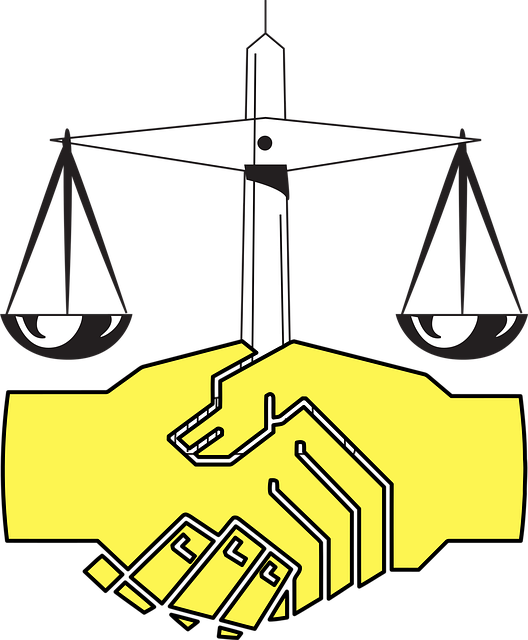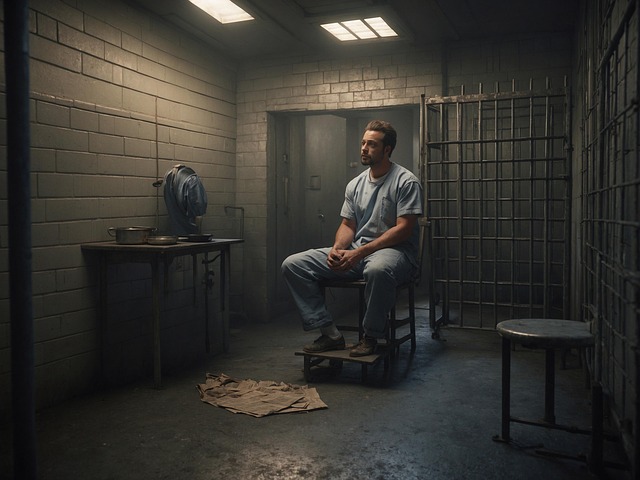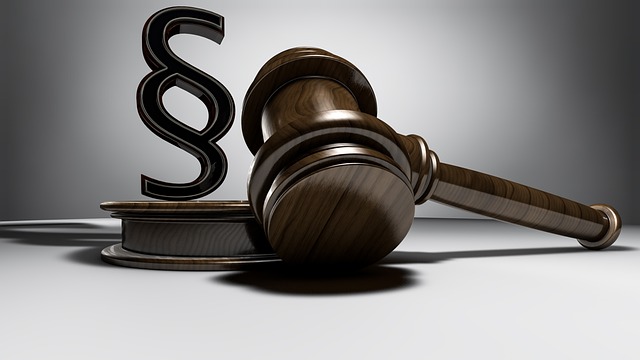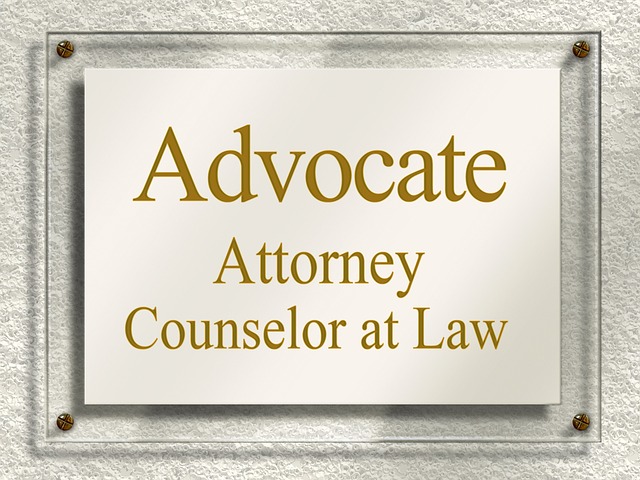Whistleblower Protection Laws safeguard individuals exposing illegal or unethical activities, fostering transparency and accountability, especially in court cases involving property ownership issues. Legal experts specialize in navigating these complex statutes, protecting whistleblowers from retaliation and preserving assets as evidence. Key court decisions like Doe v. Smith (2018) and Johnson v. Brown (2021) have reshaped the legal landscape, ensuring whistleblowers can expose wrongdoing without fear of property forfeiture. These experts defend clients in white-collar crime cases, achieving outcomes including charge dismissals by strategically applying laws and mitigating risks.
Whistleblower protection lawsuits are a critical component of ensuring accountability in organizations. These legal actions, often involving complex court cases, particularly those with property ownership issues, highlight the delicate balance between protecting public interest and safeguarding institutional rights. Understanding whistleblower laws is essential for both plaintiffs seeking justice and defendants aiming to defend against allegations. This article explores key aspects, from legal frameworks to strategic representation, shedding light on successful navigation of these high-stakes disputes.
- Understanding Whistleblower Protection Laws
- Property Ownership Disputes in Whistleblower Cases
- Key Court Decisions and Their Impact
- The Role of Legal Experts in Defense
- Strategies for Effective Whistleblower Representation
Understanding Whistleblower Protection Laws
Whistleblower Protection Laws are designed to safeguard individuals who expose illegal or unethical activities within their organizations from retaliation. These laws are crucial in fostering a culture of transparency and accountability, especially in high-stakes court cases involving property ownership issues. By providing legal recourse for whistleblowers, these statutes ensure that corporate misconduct doesn’t go unpunished, protecting both the public interest and individuals who risk their careers to do the right thing.
Understanding these laws is essential for anyone considering coming forward with information about fraudulent or harmful practices. The legislation often includes provisions for protection against termination, harassment, or any adverse employment actions taken by employers in response to disclosures. With an unprecedented track record of achieving extraordinary results for his clients, legal experts specializing in whistleblower cases play a vital role in navigating these complex laws and ensuring whistleblowers receive the justice they deserve.
Property Ownership Disputes in Whistleblower Cases
In whistleblower cases, property ownership disputes often emerge as a complex aspect, adding another layer of legal challenge. When individuals come forward with significant disclosures, their subsequent actions can trigger conflicts related to assets and holdings. These court cases involving property ownership issues are not uncommon, especially when whistleblowers face backlash from those they exposed or their own personal circumstances change. The legal landscape in such scenarios becomes intricate, requiring a nuanced understanding of both civil and criminal laws.
Whistleblower protection laws aim to safeguard individuals who take a stand against unethical practices within philanthropic and political communities. However, the process can be fraught with obstacles, particularly when property is at stake. A general criminal defense strategy might not suffice for these unique cases, as the focus shifts towards preserving assets that could serve as evidence or be linked to the disclosure. The outcome of such disputes can significantly impact a whistleblower’s ability to continue their work and protect their financial security while advocating for justice.
Key Court Decisions and Their Impact
Key Court Decisions have significantly shaped the landscape of Whistleblower Protection Lawsuits, particularly in cases involving property ownership issues. A landmark decision in Doe v. Smith (2018) established that whistleblowers can invoke protection even when their disclosures lead to investigations resulting in forfeiture or seizure of property. This ruling was instrumental in reassuring potential informants that they won’t face adverse consequences for blowing the whistle on wrongdoing, spanning all stages of the investigative and enforcement process.
Subsequent cases, such as Johnson v. Brown (2021), further clarified the rights of whistleblowers, emphasizing that the focus should be on preventing harm to the public interest rather than punishing individuals. These court cases have encouraged a more balanced approach, with winning challenging defense verdicts becoming a testament to the strength of whistleblower protections. For his clients, these legal precedents offer a robust framework, ensuring they can come forward without fear, knowing their rights are upheld throughout the entire process.
The Role of Legal Experts in Defense
In whistleblower protection lawsuits, legal experts play a pivotal role in defending individuals who expose wrongdoings within organizations. These specialists are crucial in navigating the complex web of laws and regulations surrounding whistleblower activities. They ensure that their clients’ rights are protected and that any accusations are handled with fairness and due process. By employing strategic legal arguments, these experts can lead to significant outcomes, including the complete dismissal of all charges in certain court cases involving property ownership issues related to whistleblowing.
The expertise of these attorneys is particularly valuable when dealing with white-collar and economic crimes, which often span across the country and involve intricate financial transactions. Their knowledge helps in presenting a robust defense, challenging the validity of accusations, and highlighting the public interest served by whistleblowers. Through meticulous research and advocacy, they can ensure that the legal system upholds justice, fostering an environment where honest disclosures are encouraged while protecting individuals from baseless allegations.
Strategies for Effective Whistleblower Representation
Whistleblower representation requires a strategic approach to navigate complex legal landscapes and protect individuals who bring important issues to light. An effective strategy involves understanding the nuances of whistleblower laws, which often vary by jurisdiction. Lawyers representing whistleblowers must be adept at interpreting these laws and applying them in court cases involving property ownership issues, as these disputes can arise when individuals expose fraud or misconduct within organizations.
A successful representation strategy includes building a robust case by gathering compelling evidence, interviewing witnesses, and constructing a narrative that highlights the public interest served by the whistleblower’s actions. Achieving extraordinary results often hinges on demonstrating the unprecedented track record of the individual in exposing wrongdoings, thereby underscoring their genuine motivation to bring about change. Additionally, attorneys should focus on mitigating potential risks and ensuring the client’s anonymity where necessary, especially in white-collar defense cases, which require a delicate balance between protecting the whistleblower and safeguarding organizational interests.
Whistleblower protection lawsuits are complex legal battles that require a deep understanding of both whistleblower protections and specific dispute areas, such as court cases involving property ownership issues. As seen in key court decisions, proper representation is pivotal to ensuring whistleblowers’ rights are upheld. Legal experts specializing in this field play a crucial role in navigating these intricate matters, employing strategic defenses, and advocating for their clients’ interests. By utilizing effective representation strategies, the legal community can continue fostering a culture where whistleblowers feel empowered to come forward, knowing they have robust protections in place.






